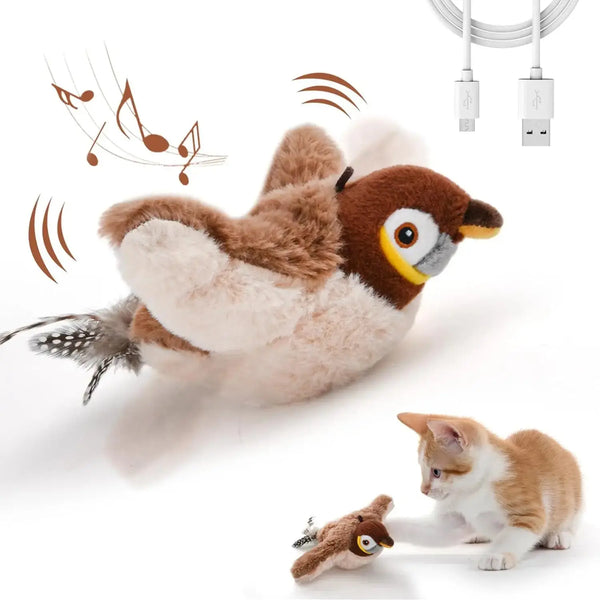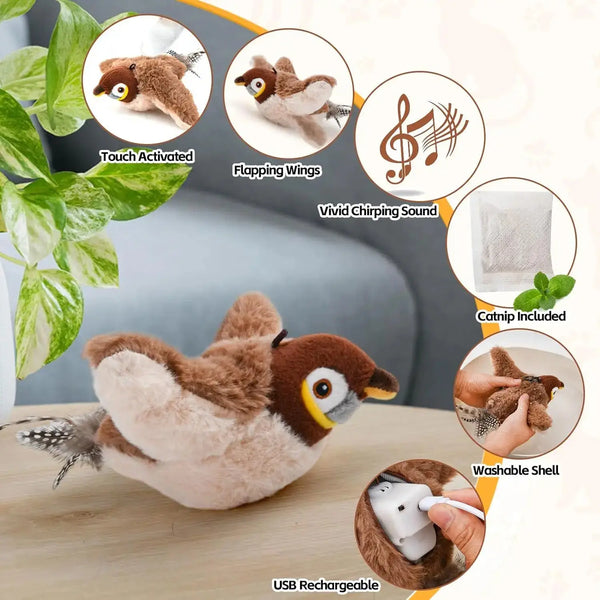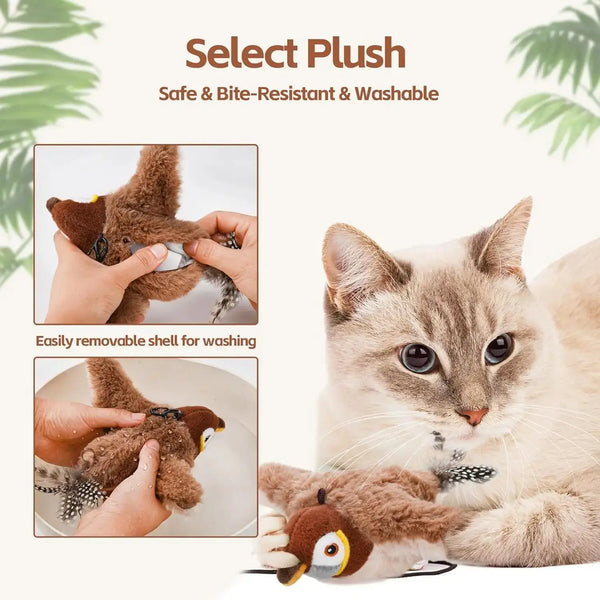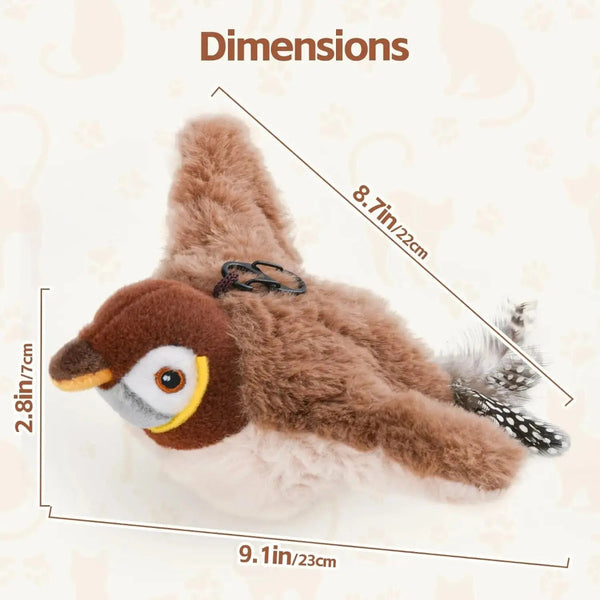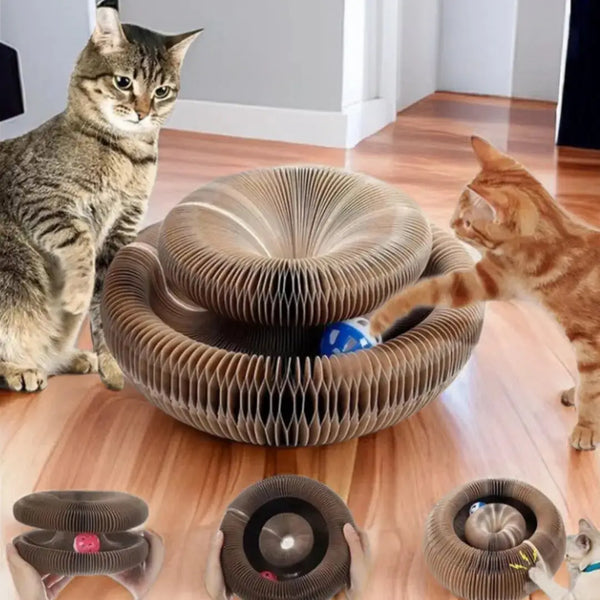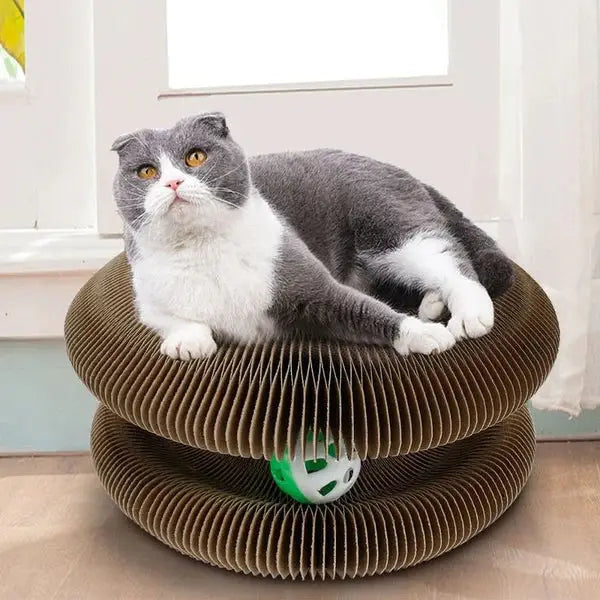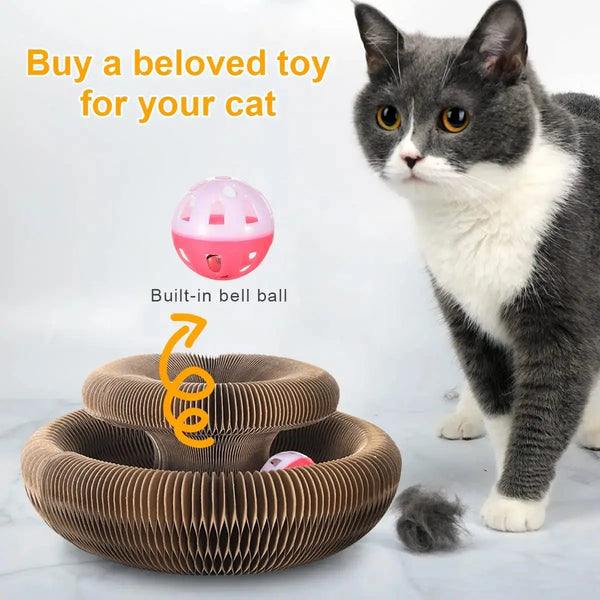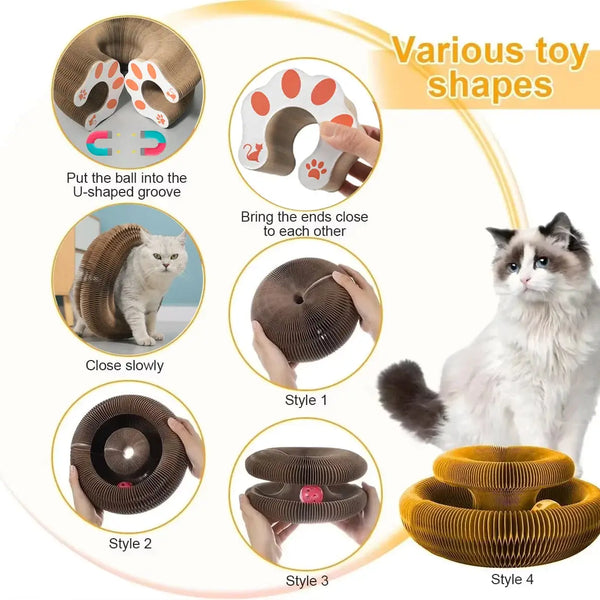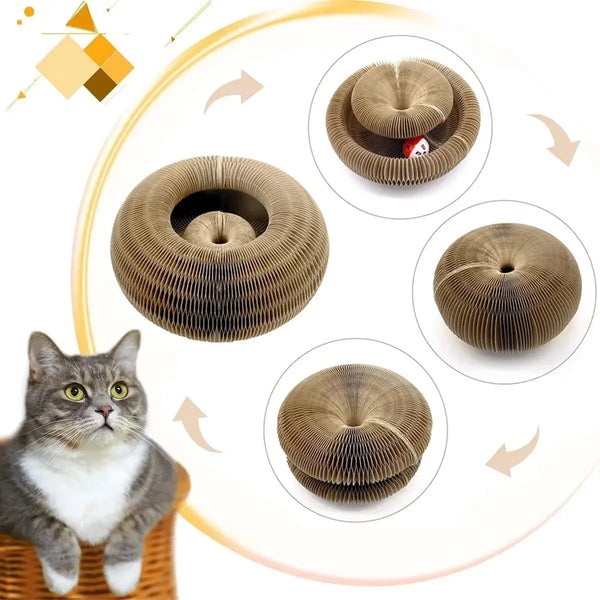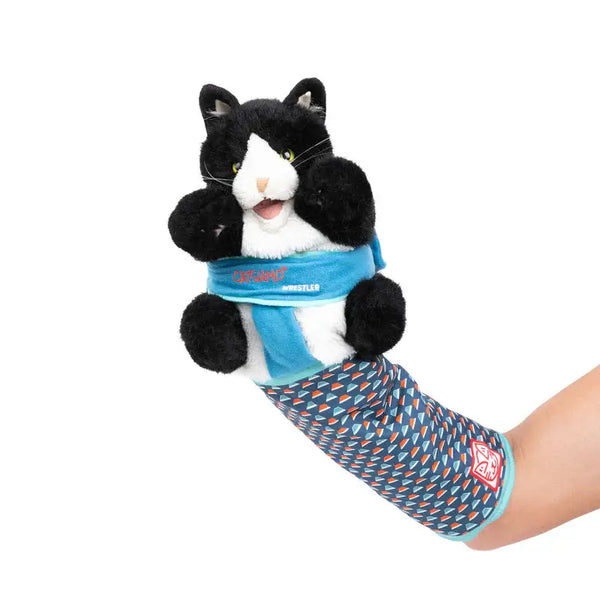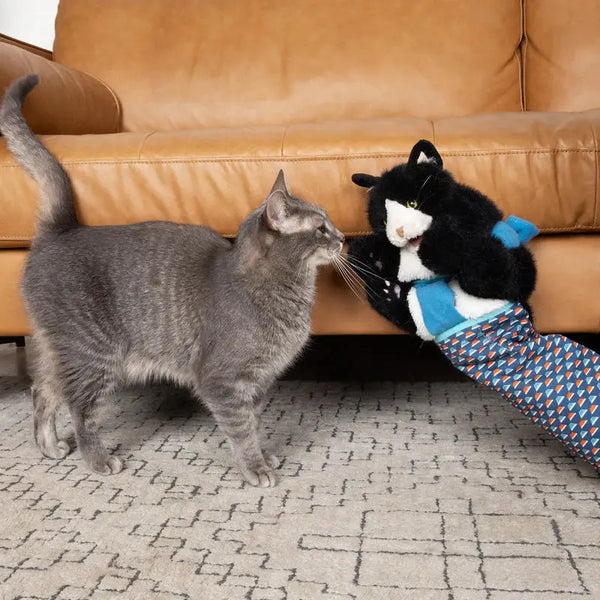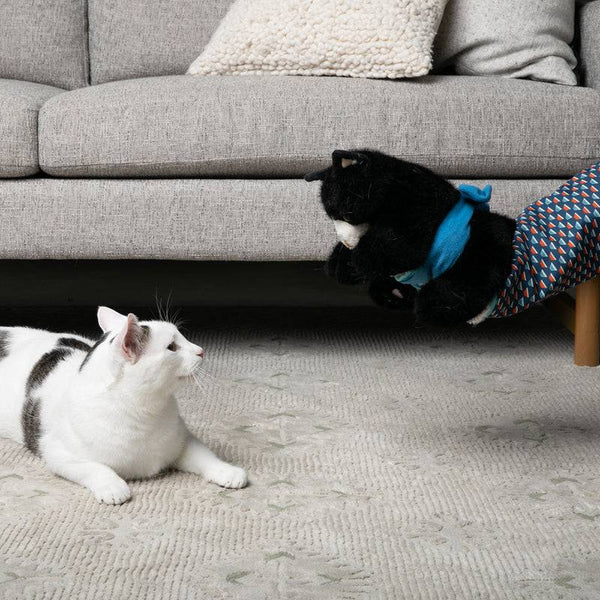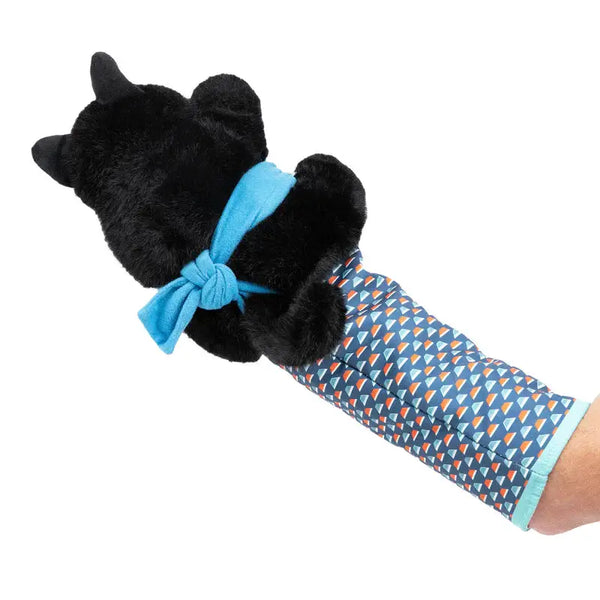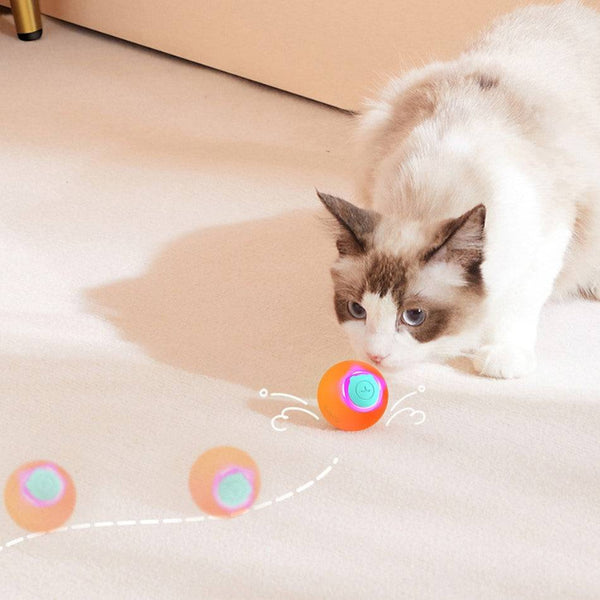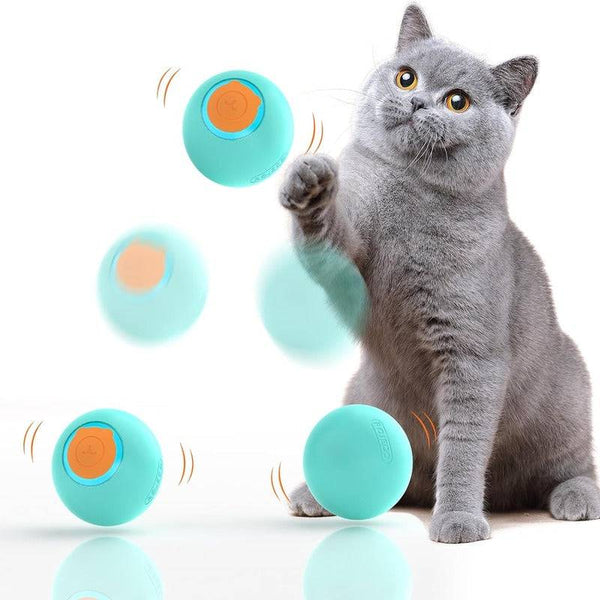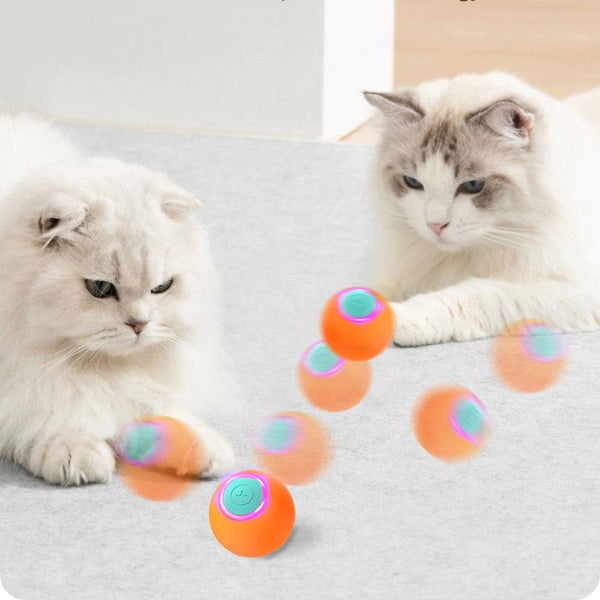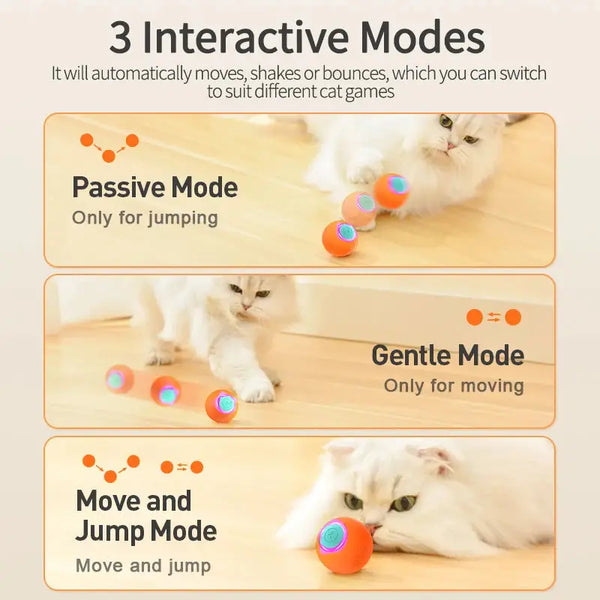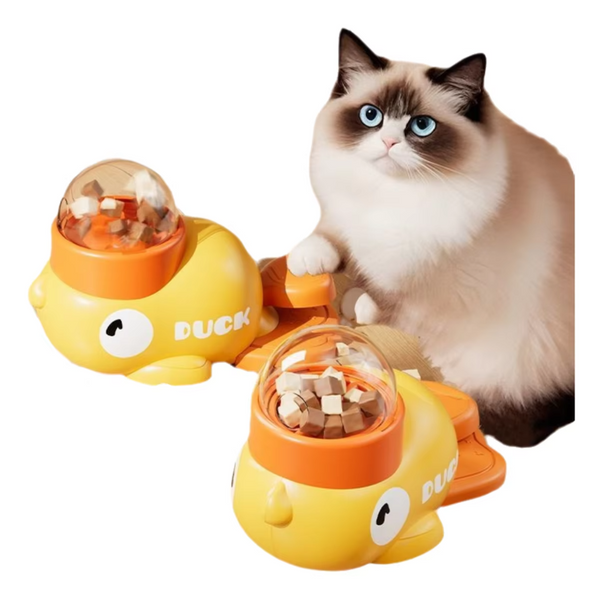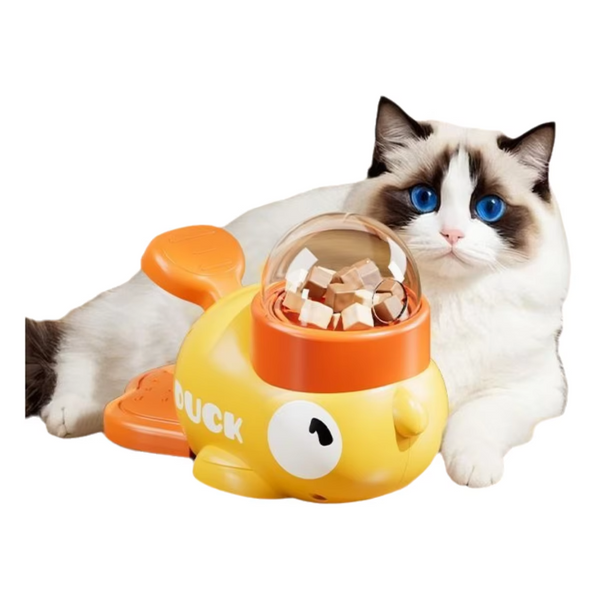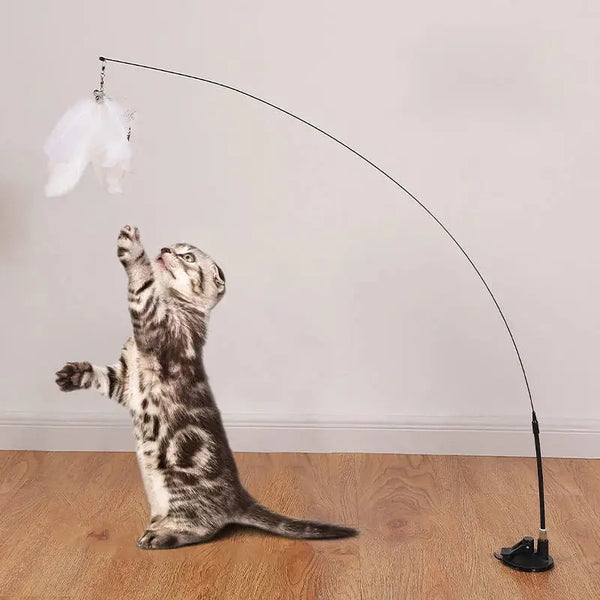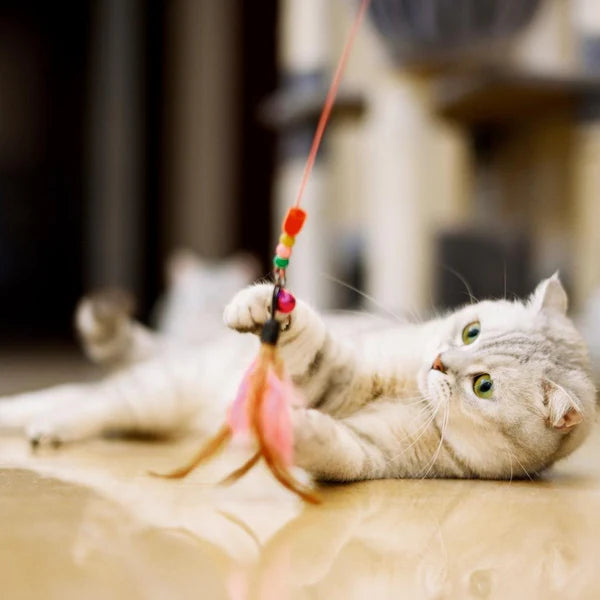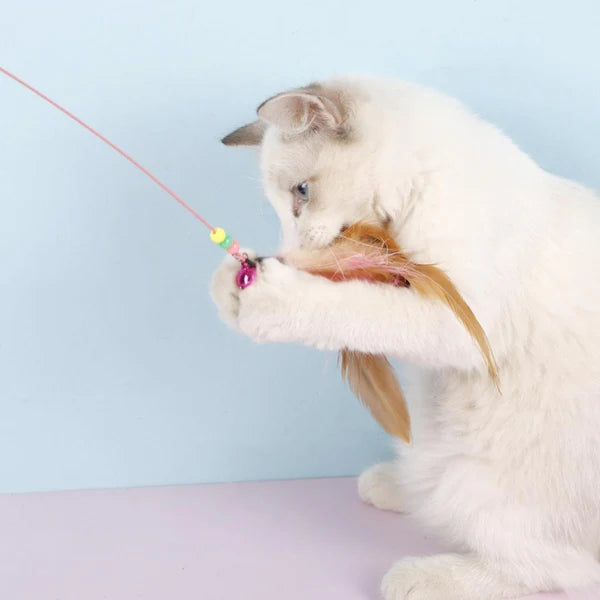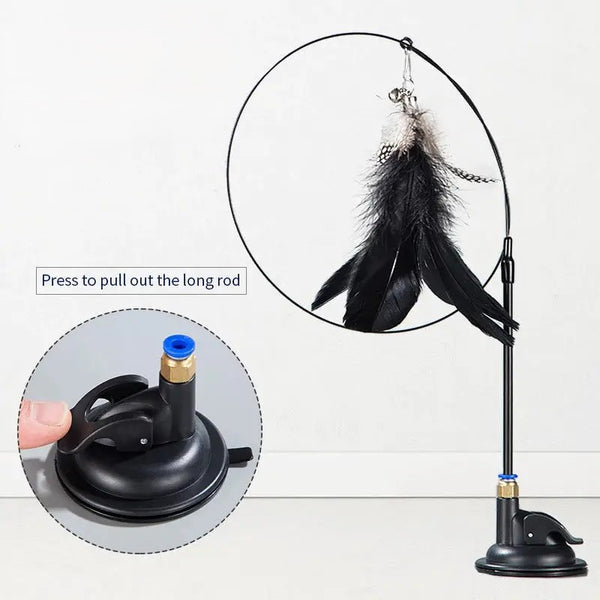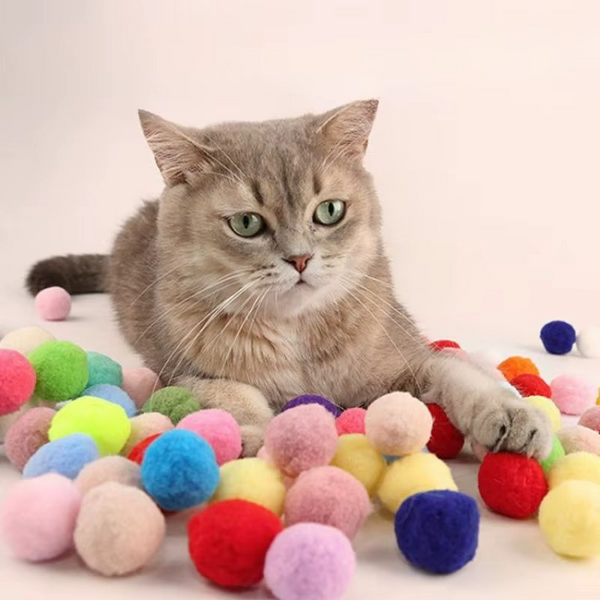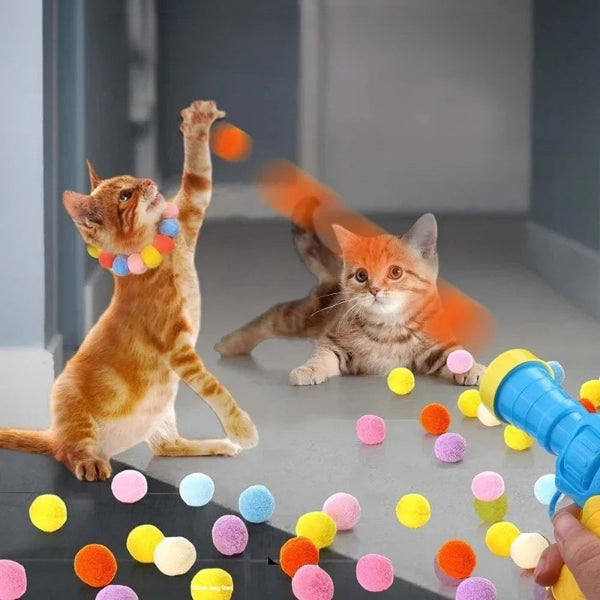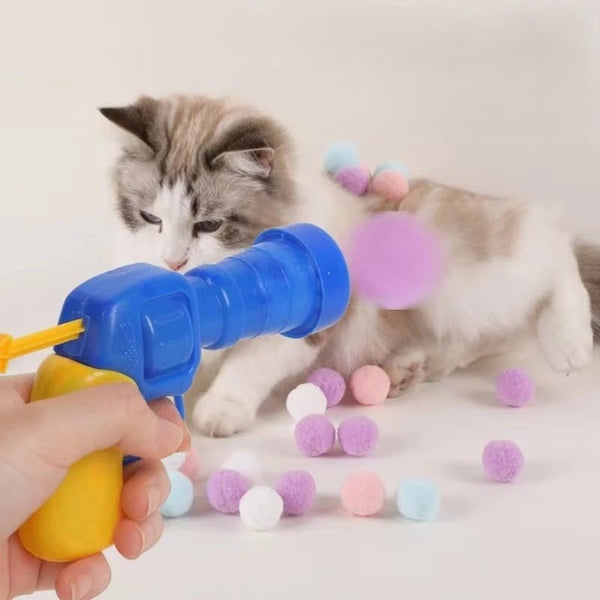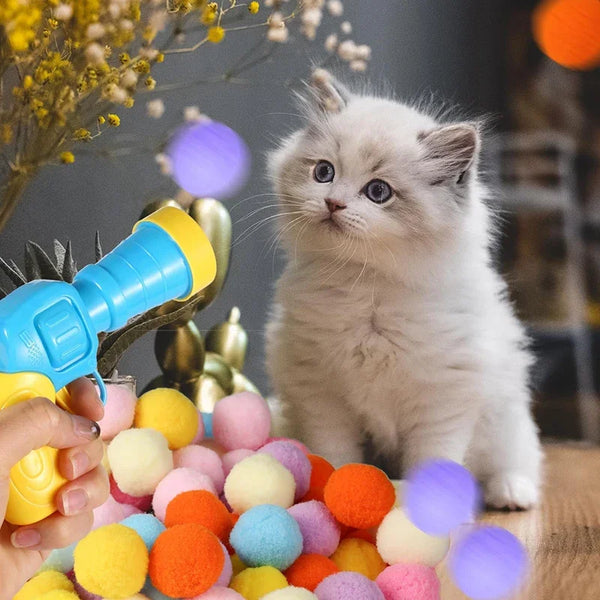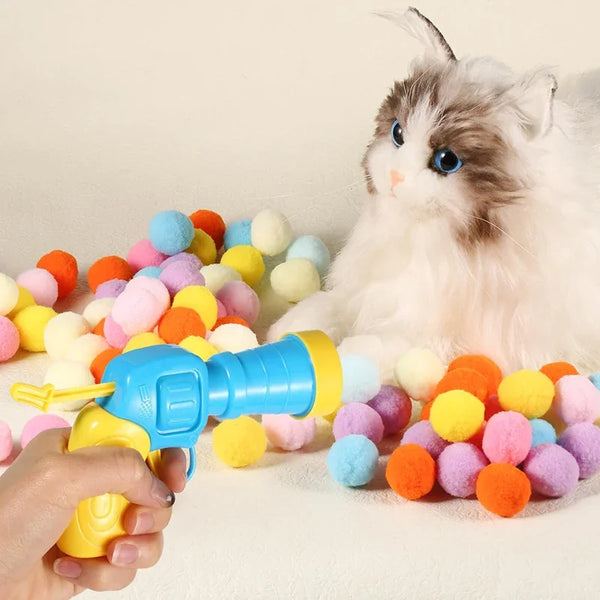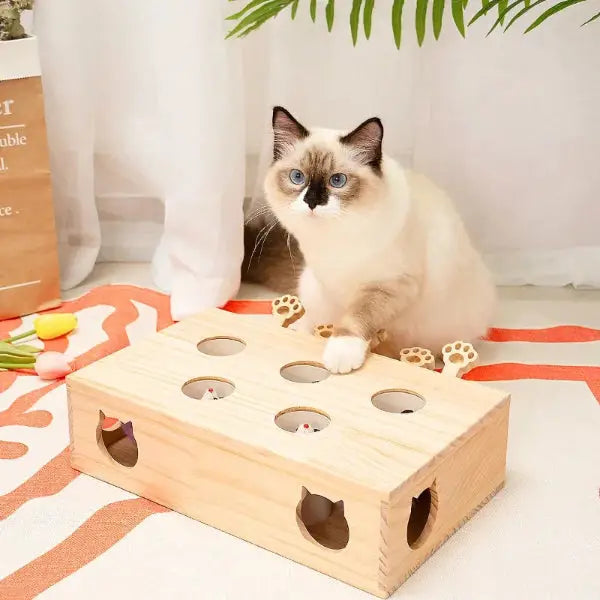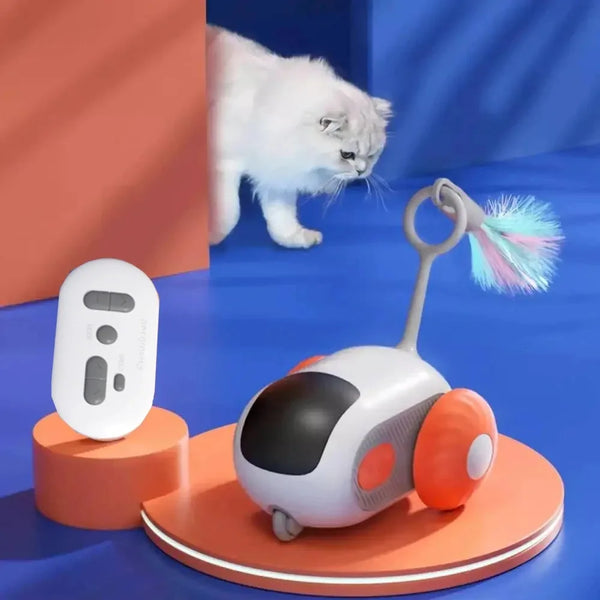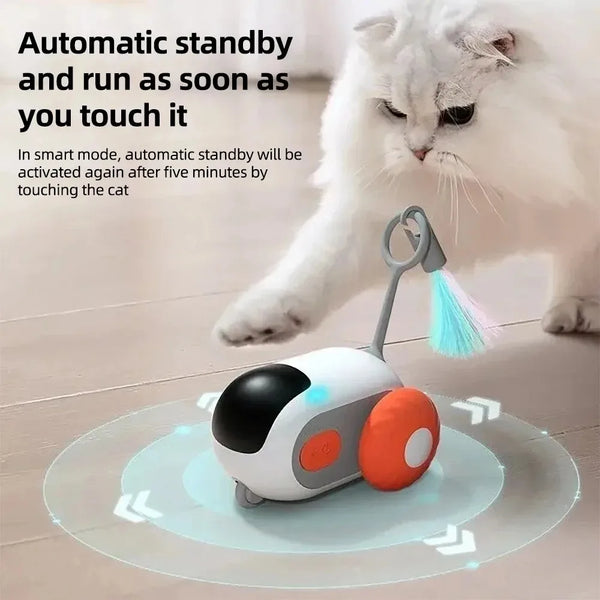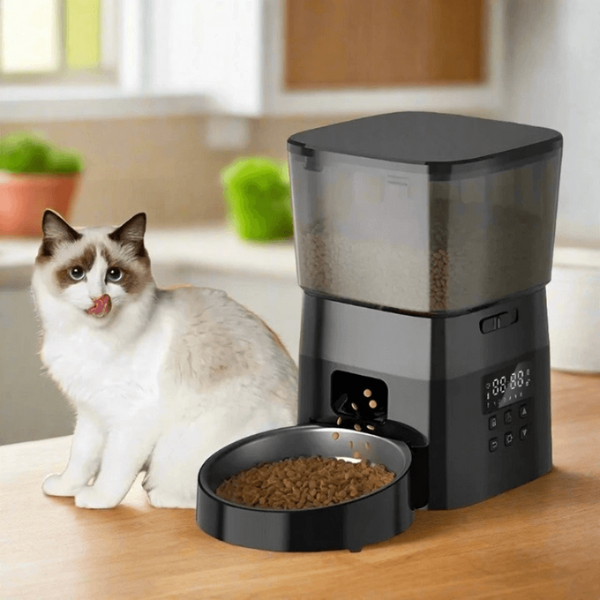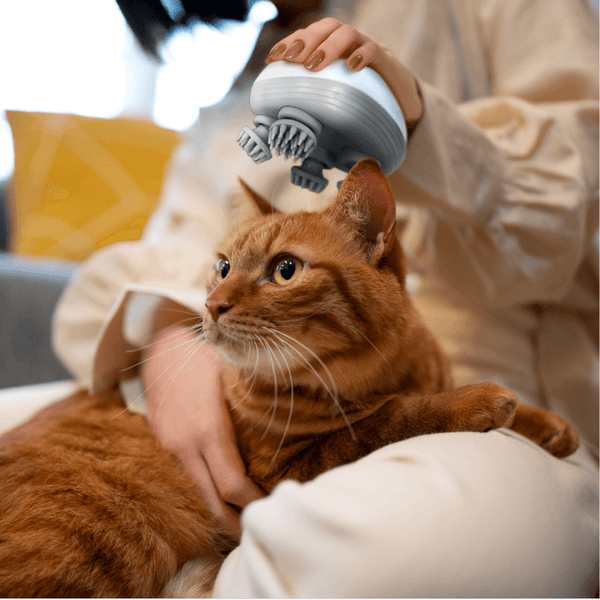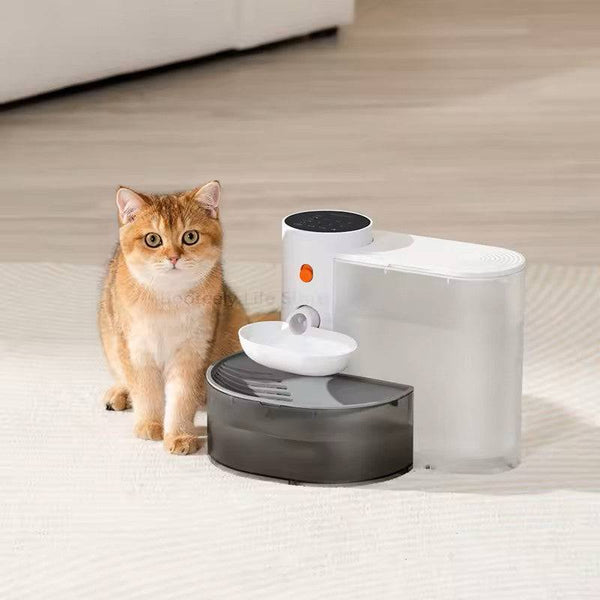If you're a cat parent, you've probably experienced the endless cycle of your feline friend begging for food, no matter how much you've already fed them. It can be frustrating, confusing, and even worrying at times. But don't worry, you're not alone! Many cat owners struggle with this issue, and there are some common reasons why your cat may always seem hungry.
1. Boredom and Lack of Stimulation 🎾😿
Cats are natural hunters, and their instincts drive them to seek out and "catch" their prey. When they don't have enough opportunities to engage in these natural behaviors, they may turn to food as a way to alleviate their boredom.
Solution: Incorporate more interactive toys and playtime into your cat's daily routine. Puzzle feeders, treat-dispensing toys, and regular play sessions can help satisfy their hunting instincts and keep them mentally engaged.
2. Dietary Needs and Nutrient Deficiencies 🥩🍗
Cats are obligate carnivores, meaning they require specific nutrients found primarily in animal-based proteins. If their diet is lacking in these essential nutrients, their bodies may signal them to keep eating in an attempt to meet their nutritional requirements.
Solution: Ensure your cat is receiving a balanced, high-quality diet that meets their nutritional needs. Consult with your veterinarian or a pet nutritionist if you're unsure.
3. Medical Conditions 🏥🩺
A constant or increased appetite in cats can be a symptom of an underlying medical condition. Conditions such as diabetes, hyperthyroidism, or dental problems can all contribute to a cat's increased hunger.
Solution: If your cat's appetite seems to have changed significantly, have them examined by a veterinarian to rule out any potential health issues.
4. Stress and Anxiety 😿🌧️
Cats are sensitive creatures, and changes in their environment or routine can cause them to experience stress and anxiety. When cats are stressed, they may turn to food as a way to self-soothe or cope with their emotions.
Solution: Identify potential sources of stress in your cat's life, such as changes in their living situation or feeding schedule. Provide a calm, consistent environment to help alleviate their anxiety.
5. Behavioral Factors 🐾🍬
Cats can learn that begging for food or meowing loudly can result in getting what they want. This can become a habit that is difficult to break, as the cat has learned that this behavior is rewarded.
Solution: Be consistent in your approach and don't give in to your cat's demands for food outside of their regular mealtimes. Reward your cat with positive reinforcement, such as treats or playtime, when they are calm and well-behaved.
Conclusion 🐾💡
Dealing with a cat that always seems hungry can be a frustrating experience, but it's important to remember that there are often underlying reasons behind this behavior. By understanding the potential causes, such as boredom, dietary needs, medical conditions, stress, and behavioral factors, you can take steps to address the issue and help your cat feel more satisfied and content.
Remember:
- Consult with your veterinarian.
- Provide plenty of mental and physical stimulation.
- Be consistent in managing their feeding and behavior.
With a little time and effort, you can help your furry friend feel happy, healthy, and no longer constantly begging for more food. 🛒😻
Unlock the secrets to a happier, healthier cat today! 🚀🐾



